In the UK, bycatch is one of the most significant threats to the conservation and welfare of marine species, including cetaceans (whales, dolphins, and porpoises), seabirds, seals, and elasmobranchs (sharks, skates, and rays).
Through the Fisheries Act 2020 and the Joint Fisheries Statement (JFS), the UK Government and devolved administrations recognise the need to minimise and, where possible, eliminate bycatch of these sensitive species as part of a wider effort to ensure the sustainability of our fisheries. Actions to achieve this are set out in the Marine Wildlife Bycatch Mitigation Initiative as well as the Environment Improvement Plan 2023 (formerly known as the 25 Year Environmental Strategy).
Reducing bycatch is complex and requires solutions that are tailored to different needs in different fisheries. It is vital to bring together all key actors, including the fishing industry, the wider seafood industry, scientists, Non-Governmental Organisations, regulators, policymakers, and technology providers to collaboratively develop and implement solutions that are ambitious, effective and practical.
Clean Catch is part of Defra’s larger portfolio of work on monitoring and mitigation of bycatch; and this portfolio is complemented by the work of other people and organisations in the UK. Click on the button below for a comprehensive list of initiatives on bycatch, which has been compiled by Defra and will be updated as and when new initiatives come online. If there is an initiative you would like to add to this list, please get in touch with us.

